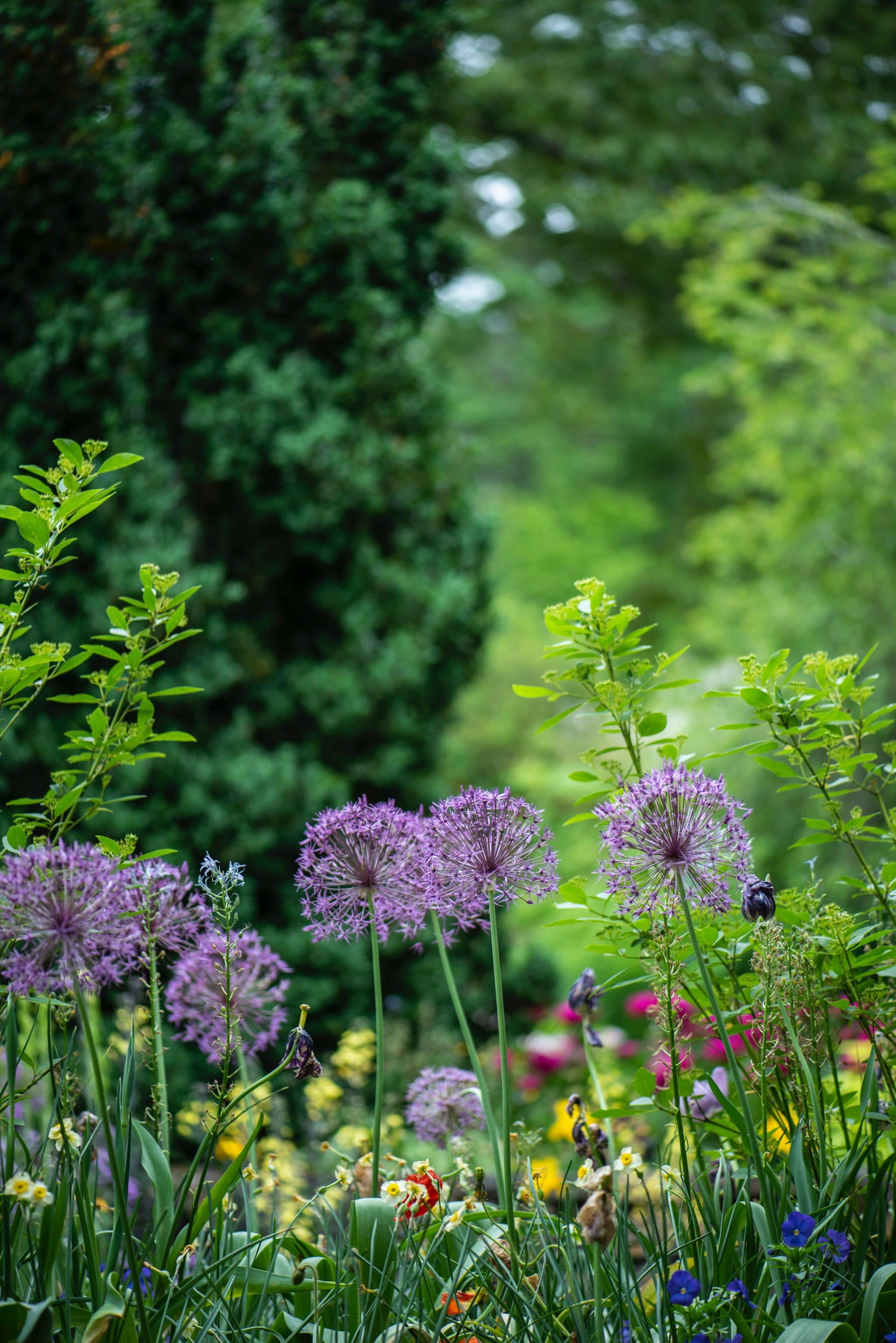As the seasons change, so will your allergy symptoms. You can combat your allergic reactions with these seasonal tips:
Winter
The winter months often provide some relief for allergy sufferers, as the outdoor air is cool and free of pollen. However, if you have allergies, you need to make sure that the air inside your house is clean as well. Be sure to:
- Store firewood outside.
- Clean heating ducts and air conditioning filters.
- Bathe house pets regularly if dander is a problem.
- Keep your face covered when out in the cold. Going from cold outside air to warm indoor air can trigger asthma.
Spring
Mold growth blooms indoors and outdoors with spring rains. As flowers, trees, weeds and grasses begin to blossom, allergies will follow. Spring-cleaning activities can stir up dust mites, so be sure to:
- Wash your bedding every week in hot water to help keep pollen under control.
- Wash your hair before going to bed, since pollen can accumulate in your hair.
- Wear an inexpensive painter’s mask and gloves when cleaning, vacuuming or painting to limit dust and chemical inhalation and skin exposure.
- Vacuum twice a week.
- Limit the number of throw rugs in your home to reduce dust and mold.
- Make sure the rugs you do have are washable.
- Change air conditioning and heating air filters often.
Summer
Warm temperatures and high humidity can put a strain on seasonal allergy and asthma sufferers. Summer is the peak time for some types of pollen, smog and even mold:
- Stay indoors between 5 a.m. and 10 a.m., when outdoor pollen counts tend to be highest.
- Be careful when going from extreme outdoor heat to air conditioning. The temperature change can trigger an asthma attack.
- Wear a mask when you mow the lawn or when around freshly cut grass. Afterward, take a shower, wash your hair and change clothes.
- Dry laundry inside instead of on an outside clothesline.
For more tips and industry news, make sure to like us on Facebook and follow us on LinkedIn.

